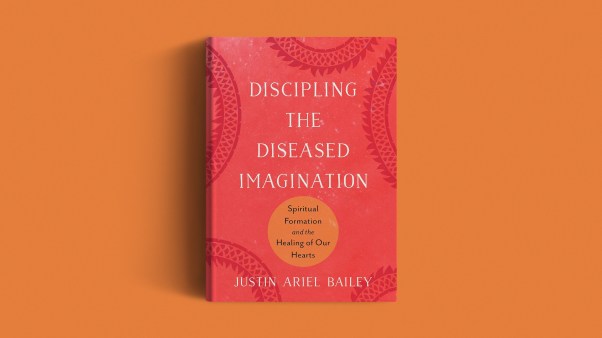| • |
AJournal of the American Medical Association (JAMA) article from late August claimed that an unborn child is unlikely to perceive pain until the 29th week in the womb. Reviewing studies on the topic, the article’s authors concluded there is “limited” evidence that fetuses perceive pain before the third trimester.
The article gained notoriety when The Philadelphia Inquirer reported that two of the study’s five authors had ties to the abortion industry. Susan Lee worked for eight months for the organization now called NARAL Pro-Choice America. Eleanor Drey is medical director of the abortion clinic at San Francisco General Hospital.
Fetal pain is becoming the newest battleground over legal abortion. Advocates on both sides have argued about whether unborn children at least 20 weeks old feel pain and thus should be given pain-killing medicine during abortions.
The JAMA article distinguished between pain and stress-inducing stimuli. The researchers said feeling pain requires that the thalamus and cerebral cortex of the brain be connected, which can start at the 29th week. Earlier responses to outside stimuli, though they may look like reactions to pain, are purely physical reactions, they said.
Major pro-life organizations and some medical doctors disputed the article’s conclusions. According to a National Right to Life rebuttal, a medical professor at the University of Arkansas provided expert testimony in 2004 asserting that an unborn child “possesses the ability to experience pain from 20 weeks of gestation, if not earlier.”
At stake are medical treatments for and the fate of many unborn children in the mid-to-late second trimester. Extrapolating from statistics provided by the Alan Guttmacher Institute, a pro-choice, nonprofit research organization, every year about 19,000 unborn human children are aborted after the 20th week in the womb.
The JAMA study was published months after Congress and many state legislatures introduced bills to address fetal pain. Already, Arkansas, Georgia, and Minnesota have enacted legislation requiring abortionists to inform women that an unborn child feels pain after 20 weeks and to offer pain-killing medicine for the unborn child. Sixteen other states have proposed similar statutes.
Republican Sen. Sam Brownback of Kansas is the sponsor of the Unborn Child Pain Awareness Act, which would penalize doctors up to $100,000 for failing to offer anesthesia or inform their abortion-minded patients about fetal pain.
Abortion-rights groups are split on the legislation. NARAL announced in January that it would not fight the legislation, while the National Coalition of Abortion Providers opposes it.
Douglas Johnson, legislative director for National Right to Life, said he expects the federal legislation to be enacted sometime next year.
Noting that similar bills were proposed in the 1980s, Johnson said the latest scientific research has helped the legislation’s cause. “Certainly the JAMA article—for all its intentions and flaws—has attracted attention,” he said. “That’s not a bad thing.”
Copyright © 2005 Christianity Today. Click for reprint information.
Related Elsewhere:
The Unborn Child Pain Awareness Act has 34 cosponsors in the Senate. More information about the bill is available from Senator Sam Brownback.
The National Right to Life Committee has a page of links to further studies and its rebuttals to some of them.
An abstract of the study is available from the Journal of the American Medical Association.
News elsewhere includes:
I Feel Your Fetus’s Pain | Compassionate conservatism enters the womb. (Slate, Aug. 30, 2005)
Medical journals’ new query | A fetal-pain article ignites a debate on fuller disclosure of authors’ ties. (Philadelphia Inquirer, Aug. 27, 2005)
Fetal-pain study omits an abortion-rights link | Scientists weigh in on planned legislation. (Philadelphia Inquirer, Aug. 24, 2005)










